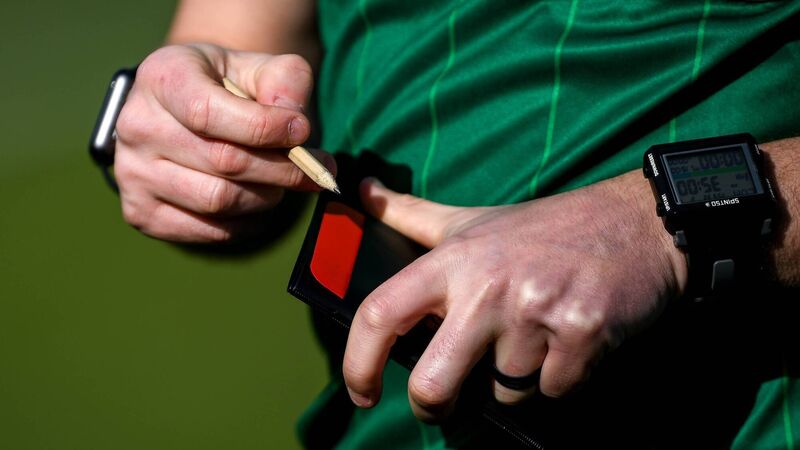Leinster GAA reveal worrying drop off in referees

Leinster chiefs say that 44 new referees were recruited in the province - less than four per county.
Try from €1.50 / week
SUBSCRIBELeinster GAA experienced a referees drop-off of 15% in 2021.
In his annual report, referees’ administration committee chairman Martin Whyte reveals the troubling findings from a recent study of match official numbers in the province.
Already a subscriber? Sign in
You have reached your article limit.
Annual €130 €80
Best value
Monthly €12€6 / month
Introductory offers for new customers. Annual billed once for first year. Renews at €130. Monthly initial discount (first 3 months) billed monthly, then €12 a month. Ts&Cs apply.
CONNECT WITH US TODAY
Be the first to know the latest news and updates
Newsletter
Latest news from the world of sport, along with the best in opinion from our outstanding team of sports writers. and reporters
Tuesday, February 10, 2026 - 9:00 PM
Wednesday, February 11, 2026 - 12:00 PM
Wednesday, February 11, 2026 - 1:00 PM
© Examiner Echo Group Limited